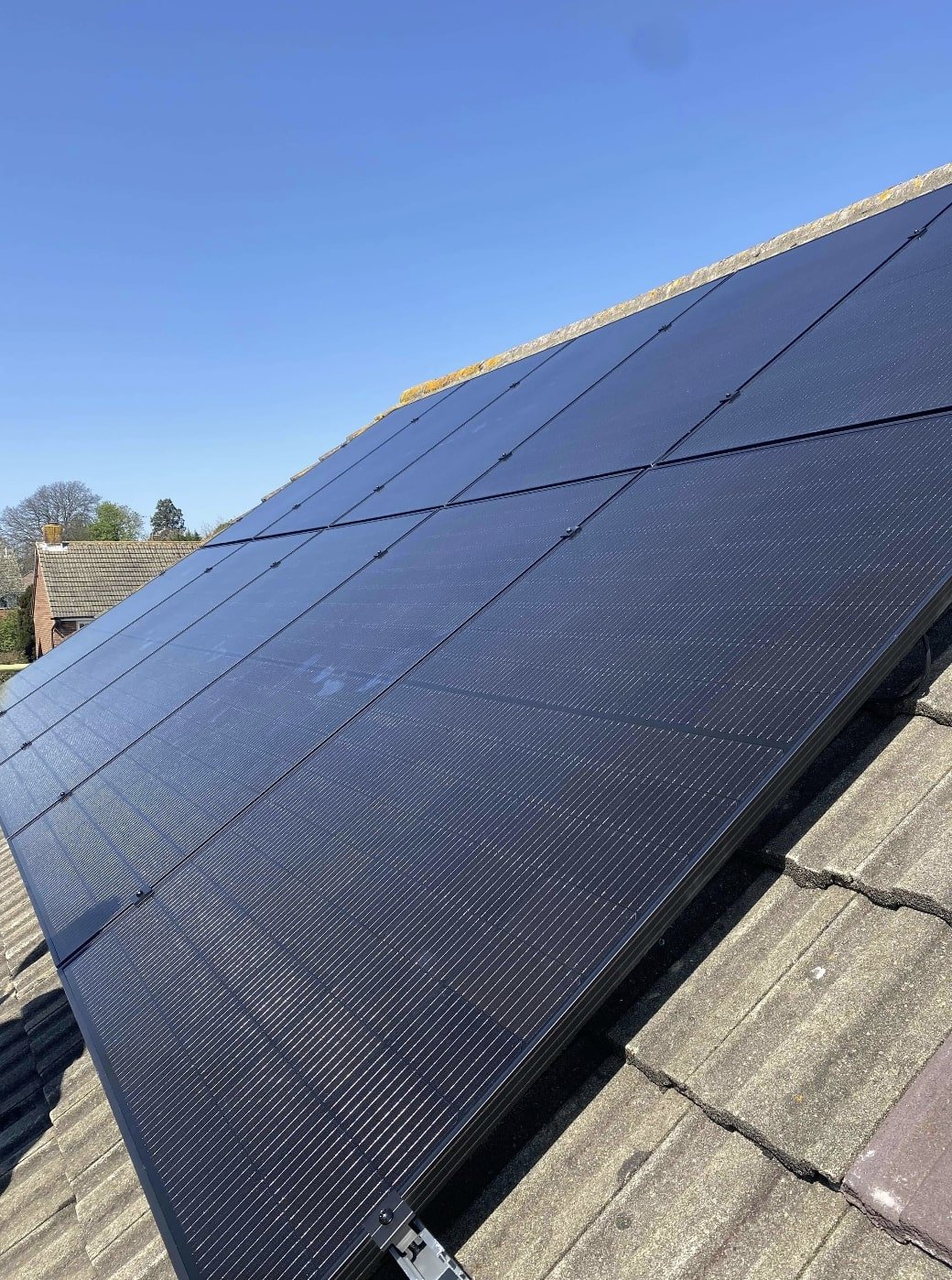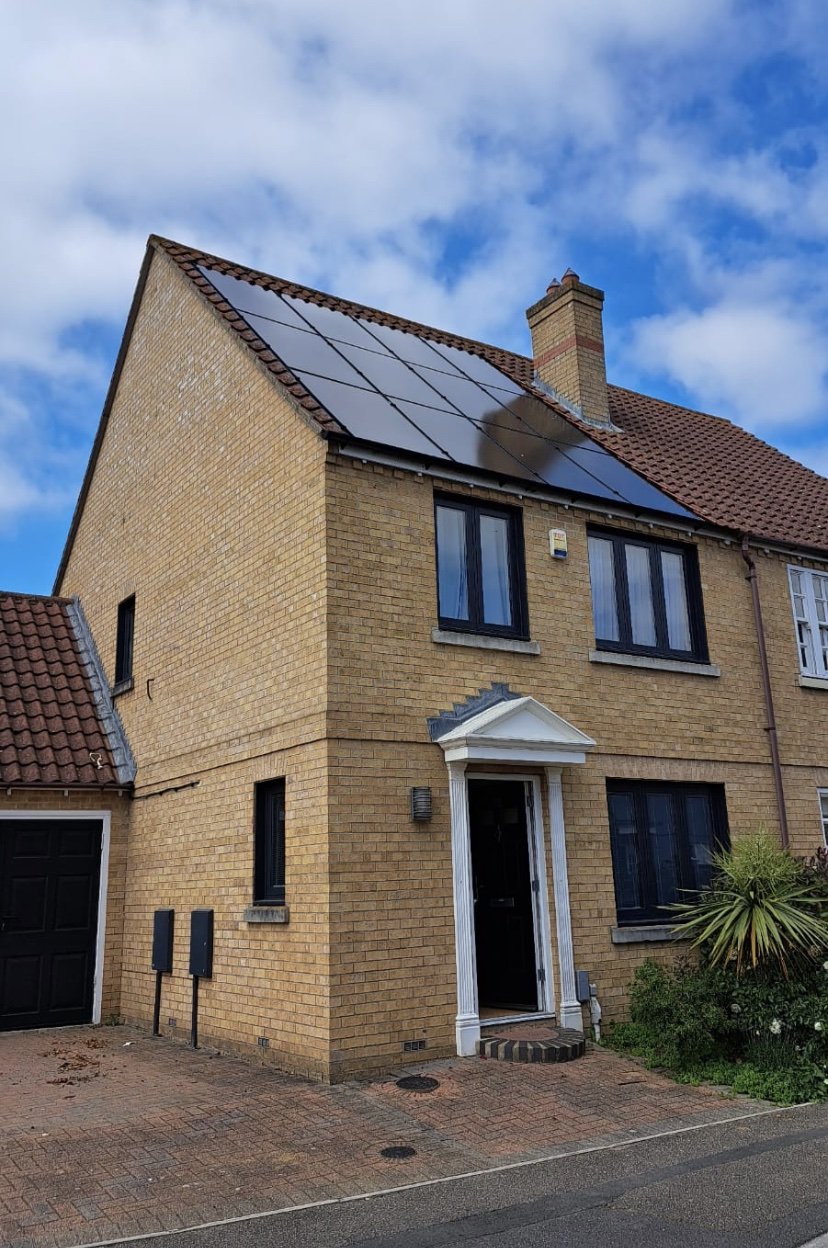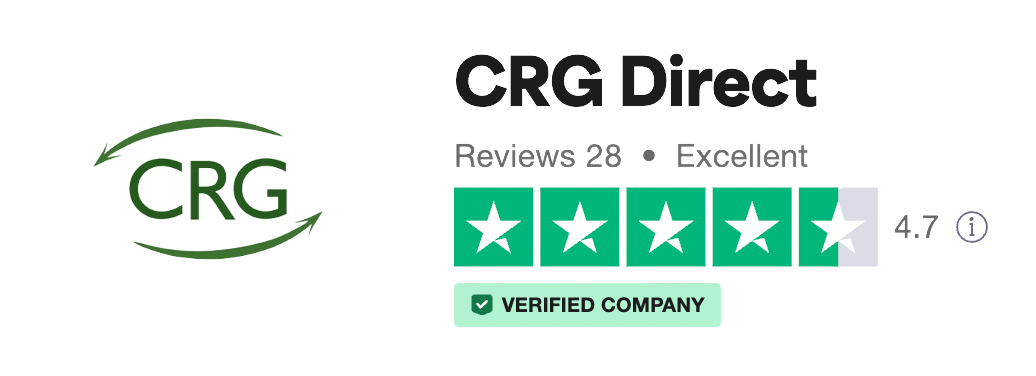Solar Panel Efficiency Factors
Get the most out of your panels by getting an efficient system.
What’s on this page?
Explore key points to know when finding out if solar panels are right for you.
Brand Efficiency and Panel Types
Optimizing Solar Panel Orientation
Managing Shading Effects
Maintenance for Solar Panels
Tips for Maximizing Solar Panel Performance
and more
| Panel Type | Typical Efficiency | Best Use Case |
|---|---|---|
| Monocrystalline | 18–22% | Limited roof space, high output |
| Polycrystalline | 15–17% | Balanced cost and efficiency |
| Thin Film | 10–13% | Big or small installations |
Maximising solar energy is all about efficiency. But what actually determines how well your solar panels convert sunlight into usable electricity? There are several factors that affect solar panel efficiency, including environmental conditions, material quality and technological advancements. Knowing the solar panel efficiency factors will help you get the most out of your renewable energy investment, especially as solar power is at the heart of the global shift to clean energy.
Solar Panel Efficiency Factors
Type of Solar Panel
Monocrystalline solar panels are the most efficient, with efficiency rates between 18-22%. Their high efficiency is due to their pure silicon structure, making them perfect for homes with limited roof space. Monocrystalline solar panel efficiency is higher than other types, resulting in more power output and better performance in small spaces. These are the most efficient solar panels and are often chosen as the most efficient solar panel option for maximum energy generation.
Polycrystalline solar panels (polycrystalline panels) are slightly less efficient (15-17%) but offer a good balance between cost and performance. Polycrystalline panels are more budget-friendly and cost-effective than monocrystalline panels, so suitable for homeowners who prioritise savings over maximum efficiency.
Thin film solar panels are lightweight and flexible but generally have lower efficiency (10-13%). However, thin film technology is improving fast and can be suitable for large installations or unusual surfaces. Thin film cells are made of thin layers of photovoltaic materials on various substrates, making them flexible and lightweight. Thin films with advanced coatings, such as hydrophobic or self-cleaning layers, can further improve efficiency in dusty or harsh environments.
When choosing solar panels, consider efficiency, cost, space and energy needs to pick the right system. Residential solar panels, especially monocrystalline types, are perfect for home installations due to their high efficiency and space-saving benefits.
Solar Cell Efficiency & Panel Design
Solar cell efficiency measures how well each cell converts sunlight into electricity. The efficiency of the entire solar panel module also depends on how cells are arranged and the quality of assembly. Solar panel performance is affected by the arrangement and quality of solar cells which affects how well panels generate electricity over time. The open circuit voltage (VOC) of a panel is a key parameter that relates to efficiency and is affected by environmental factors like temperature and irradiance. Solar cells, including silicon solar cells, are vulnerable to environmental damage such as hail, ice and chemical residue which can reduce efficiency and durability. Converting sunlight into electricity efficiently is key to optimal performance. Light intensity directly affects efficiency, as higher intensity generally increases output up to a point.
Advances in efficiency
Increasing efficiency and the ability to increase efficiency through technological advances—such as better materials and thermal management—are ongoing goals in solar technology. Higher efficiency panels produce more electricity per square metre, faster payback and longer lifespan. The efficiency rate is the percentage of sunlight converted into usable electricity which is a critical factor in system selection. How much energy your system produces depends on the efficiency of the cells and the overall design. Energy efficiency is a key consideration in solar systems to reduce environmental impact and optimise performance. Higher efficiency panels produce more energy from the same amount of sunlight. The design of the solar panel system, including proper positioning and component selection, is crucial to maximise output and reliability. Power output is affected by cell quality, environmental conditions and system design. Such systems require careful planning and setup to get the best performance.
Panel Placement: Orientation and Tilt
For UK homes, solar panels installed facing true South and angled to match your latitude will capture the most solar irradiance. Adjust the tilt seasonally to get more energy output. Maximise exposure to more direct sunlight to get the highest possible efficiency.
Shading and Obstructions
Even partial shading from trees, chimneys or neighbouring buildings can reduce panel output. Shading on one panel can reduce that panel’s output and overall system efficiency but solutions like micro-inverters or power optimisers can mitigate these effects. Make sure your panels have direct sunlight throughout the day for maximum power output.
Temperature and Ventilation
High temperatures can lower energy conversion efficiency. Panels work best in cooler conditions so make sure there’s good airflow beneath your solar modules to prevent overheating. Higher temperatures actually decrease solar panel efficiency by increasing internal resistance and reducing ability to convert sunlight into electricity. The temperature coefficient quantifies how much a panel’s performance drops as temperature rises and varies between different panel technologies.
Panel Cleanliness and Maintenance
Dirt, dust and debris can block sunlight and reduce efficiency by 25-30%. Clean your panels at least once a year to maintain peak efficiency and energy output. Hailstorms can cause damage due to the kinetic energy of impacting hailstones which can crack or degrade panel surfaces.
Solar Panel Degradation
All solar panels degrade slightly over time, losing a small percentage of efficiency each year. High quality panels degrade more slowly, maintaining higher output power for longer.
Environmental Factors
Environmental factors like air mass, cloud cover and aerosols can affect the solar spectrum and the amount of sunlight reaching your panels. Burning fossil fuels increases aerosol load and air pollution which can reduce solar irradiance and impact solar energy production.
Sunlight Availability
Solar panels can generate electricity even in challenging conditions like snow or overcast weather, especially when properly oriented and tilted to maximise sunlight capture.
Geographic and Environmental Factors
Sunlight Availability
The amount of sunlight your location gets directly affects how much usable electricity your panels can produce. The UK’s variable weather means solar panels work best when installed in the sunniest, least shaded parts of your property. However, solar panels can still generate electricity even in cloudy or winter conditions as factors like snow reflection and optimal panel orientation help maintain performance. The solar spectrum which describes the distribution of sunlight wavelengths changes with environmental conditions like air mass, cloud cover and aerosols and impacts how efficiently panels convert sunlight into electricity. Also air pollution from burning fossil fuels can increase aerosol levels, reducing sunlight and potentially lowering solar panel efficiency.
Roof Angle and Size* Roof pitch affects how much sunlight your panels get. A larger roof space means more panels and more energy coverage and savings.
Skylights and Roof Vents
Features like skylights or vents reduce available installation space, fewer panels and potentially lower overall efficiency.
Solar Panel Technology and System Enhancements
High-Efficiency Panels
Go for high efficiency solar panels with advanced solar cell technology if roof space is limited. Recent advances in solar technology like new materials like perovskites have improved panel efficiency and expanded solar energy applications.
Smart Inverters and Maximum Power Point Tracking (MPPT)
Modern inverters with MPPT ensure your system operates at maximum power point, optimising energy conversion efficiency even under changing conditions. Proper setup and configuration is crucial to maximise energy output and overall performance.
Mirrors and Reflectors
In some cases using mirrors to reflect extra sunlight onto your panels can boost output power especially in areas with limited direct sunlight.
Energy Storage and the SEG Scheme
By exporting unused energy to the Smart Export Guarantee (SEG) scheme you can increase your savings. Make sure your system uses MCS accredited products to qualify. Optimising your solar panel system by considering storage options, orientation and integration with the SEG scheme can further improve efficiency and performance.
How to Maximise Your Solar Panel Efficiency
When choosing solar panels consider cost, efficiency, lifespan and energy storage options to choose the right system for you. For homeowners, residential solar panels—especially monocrystalline panels—are high efficiency and ideal for limited space.
Install your panels in the right position: South facing, angled correctly and free from shade.
Keep panels clean and check for obstructions regularly.
Use smart inverters and consider energy storage to get the most out of your solar PV system.
Monitor your system’s performance and address any issues promptly. Regular monitoring and maintenance is key to increasing efficiency and maintaining energy efficiency over time.
By understanding and optimising these solar panel efficiency factors, you can ensure your system generates more electricity, reduces your energy bills, and supports a cleaner, more sustainable future with renewable energy.

Get a free installation estimate
One of our expert team members will contact you to give you an estimate and answer any questions you may have.
Join the solar revolution and save up to 80% on your energy bill.
✓ No obligation
✓ MCS accredited
✓ Your questions answered
Read our great reviews on Trustpilot
Dave Wood
“We had a great experience with CRG…”
“We had a great experience with CRG installing our solar and battery. Pre-install I had quite a few questions and they were always answered quickly and in an easy to understand way. During the installation the team discovered that it wasn’t going to be as straightforward as they initially thought due to the strange layout of our house and the location of the electrical fuse box etc but they did a great job of working out a route for the cabling that caused the least disruption. Since the install I’ve had another couple of questions about configuring the system and again, I got a quick and helpful response.”
Joyce Scott
“A pleasure to deal with.”
“From the initial survey till completion of the installation I have been most impressed. There was no hard sell, everything was explained clearly. Once I had accepted the lead date was just a matter of weeks. The actual installation was completed very efficiently. The backup support is second to none. l can't recommend Frank, Melissa and the team more highly for the whole experience.”
Paul Wickenden
“Very impressed”
“Frank came out to measure and quote for solar. He was professionally and quick with his quote. We did not feel rushed or pressured into purchasing at all.
Timescales were accurate and their communication was speedy and sincere.
Installation was brilliant. You could tell the installers knew exactly what they were doing.
Warning- The app to see your solar usage and generation is addictive!”








